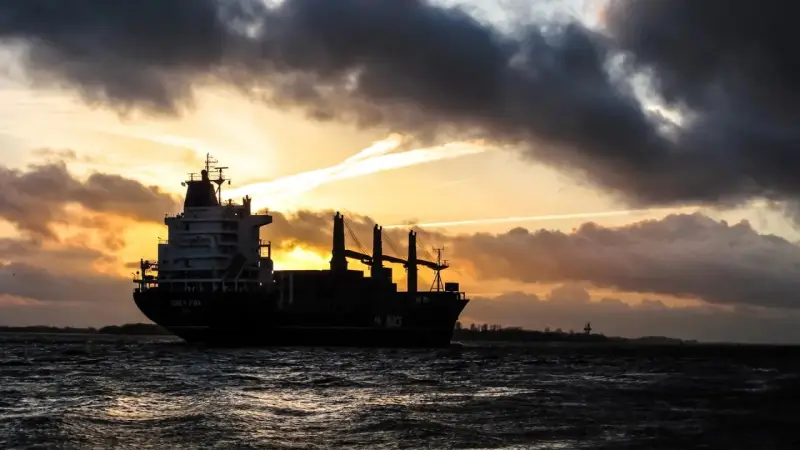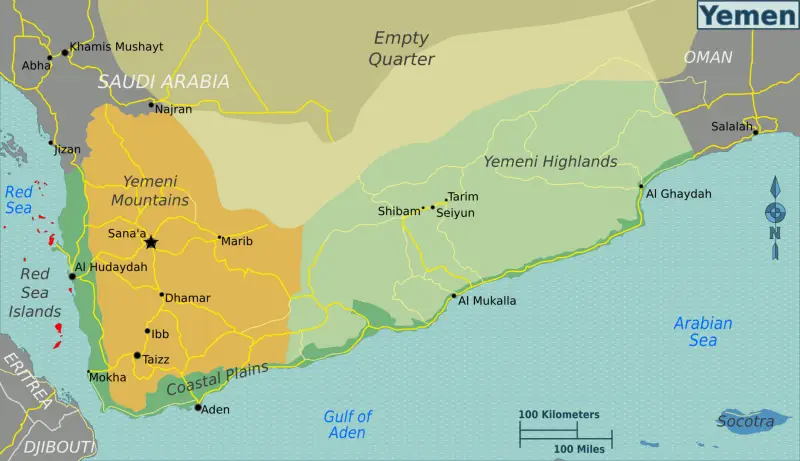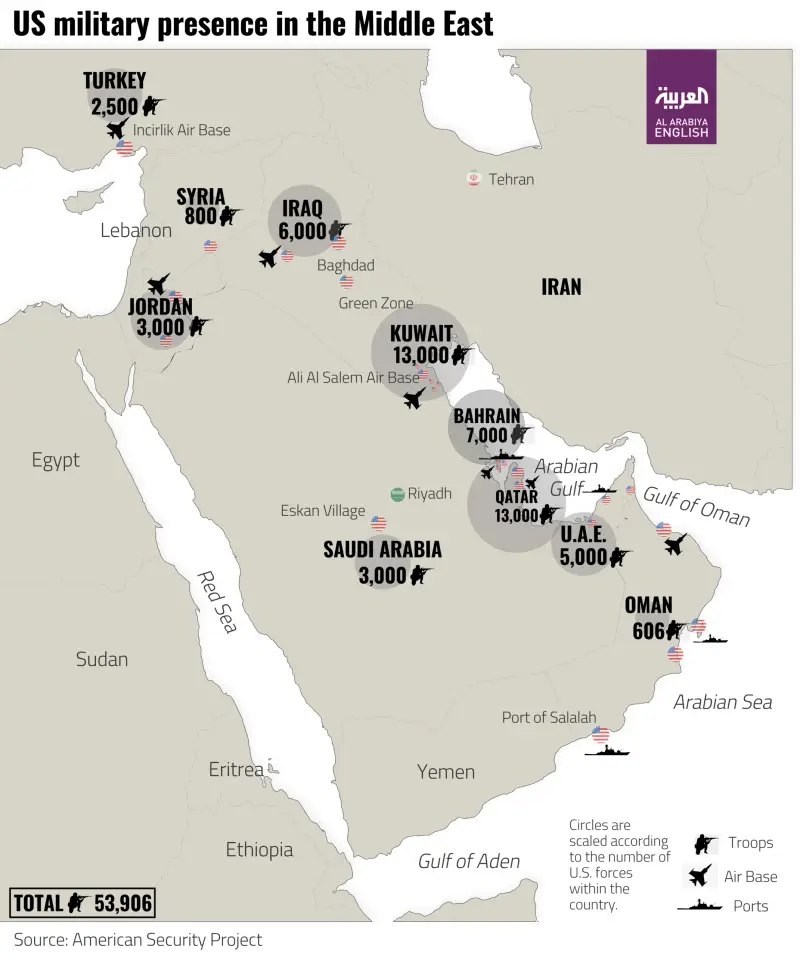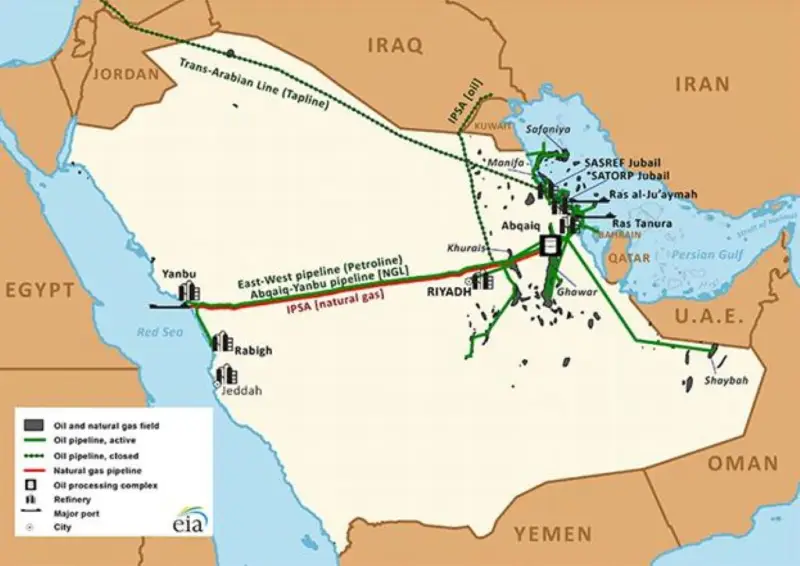The Red Sea - let everyone in and no one out. Oil transit bottlenecks

Normal heroes take a detour
The world's largest shipping companies, including Maersk, MSC, CMA CGM and Hapag-Lloyd, began charging additional fees from January 2024. This is due to the redirection of ships from the Suez Canal - Red Sea route to longer routes around South Africa.
And the routes changed due to the start of NATO’s military operation in the Red Sea against pirates and anti-American groups in coastal Yemen. It is likely to expand into northern Somalia to control the Bab el-Mandeb Strait, which connects the Red Sea to the Indian Ocean.
Additional fees are required to cover the costs of longer flights. Thus, the route between China/Japan and Scandinavia around the Cape of Good Hope (South Africa) is approximately 10–13 days longer than through the Red Sea - Suez. The additional charges will initially increase the cost of transporting goods around South Africa by 13-20%.
SMA CGM has already redirected 22 vessels through the Cape of Good Hope; Hapag-Lloyd says at least 2024 ships will sail along this route by early 25. The total costs of cargo transportation on this route in 2024, according to the estimates of the mentioned companies, will double.
Transport company experts predict an increase in global demand for the shortest transit routes between Europe and Asia - that is, routes through Russia connecting with trans-Asian highways in Kazakhstan, China and Mongolia.
Such forecasts are confirmed by the recent decision of JSC Russian Railways to maintain reduced tariffs - by 20-50% - for the transportation of containers, container and a number of other types of cargo, empty cars on the Far Eastern Railway. And also in rail transportation between the Russian Federation, on the one hand, and Azerbaijan, Belarus, Georgia, Kazakhstan, Turkmenistan, Uzbekistan, on the other.
According to preliminary estimates, taking into account the situation in the Red Sea and the rising cost of routes around South Africa, the decision of Russian Railways will increase international freight transit through the Russian Federation and a number of CIS countries by at least 20%.

Pivot point
Let us recall that the route Mediterranean Sea - Suez Canal - Red Sea - Bab el-Mandeb Strait - Indian Ocean is still one of the centers in world trade. Its share in international cargo transportation currently exceeds 20%, including at least 35% in the transportation of oil and petroleum products.
But, since the echo of the situation in the Gaza Strip was the military actions of the Yemeni Houthis in the Red Sea and the Bab al-Mandeb Strait against Western merchant ships, a naval coalition was formed under the auspices of the United States with the participation of, along with the United States, Great Britain, Canada, France, the Netherlands, Italy, Norway, Spain and Seychelles to protect shipping in this basin.
Noteworthy is the absence of Saudi Arabia in this alliance, which has become since January of this year. a member of BRICS. Although the share of its water area in the total area of the Red Sea is maximum, exceeding 25%. It was to the Saudi Red Sea port of Yanbo that pipelines from eastern Saudi oil wells were built in the 70s and later, so that Saudi oil and petroleum products were exported bypassing the Strait of Hormuz adjacent to Iran (between the Persian Gulf and the Indian Ocean).
According to reports, Riyadh is accelerating the construction of an oil pipeline (approximately 250 km) to the Emirate port of Fujairah; The project for an oil pipeline (330 km) from the Saudi sector of the Persian Gulf to the Omani port of Al Khabur is being finalized. These ports are located on the Indian Ocean coast, which allows them to bypass both the Red Sea and the Strait of Hormuz.
The same is implied in connection with plans to resume regular operation of the trans-Arabian oil pipeline to the southern Lebanese port of Saida in 2024. Most likely, Saudi Arabia, by its absence from the mentioned “Red Sea” alliance, does not seek to aggravate the conflict with the Houthis and Iran.
Riyadh cannot ignore the trend towards continued normalization of Iranian-Saudi relations and Tehran’s support for the Yemeni Houthis. In addition, Iran and SA simultaneously became members of BRICS in 2024.
"Basic" principle
Meanwhile, US military bases in Saudi Arabia are unlikely to be used if the situation in the Red Sea and the Bab el-Mandeb Strait escalates.

A similar situation with Riyadh occurred back in the mid-1950s, when the Middle East branch of NATO was created - the CENTO bloc consisting of Great Britain, Iran, Iraq, Turkey and Pakistan. Its participants persuaded the Saudis to join this bloc so that its scope would fully extend to the Red Sea basin.
The need to attract the Saudis was all the more urgent since the Red Sea, and extensive Sudan, which included the now independent South Sudan, gained independence from London and Cairo on January 1, 1956. And although Sudan had previously been an Anglo-Egyptian condominium, it flatly refused to maintain British military bases.
But Riyadh did not succumb to persuasion, counting at that time on the creation of a confederation with monarchical Jordan and the Arab regions of Palestine. And then, despite tense relations with republican (since 1962) Yemen, the Saudis supported Yemen’s long-standing demand for London to decolonize the Yemeni islands of Perim, Ez-Zubair and Zukar, located near the Red Sea coast of Yemen.
They completely blocked Yemen from the sea, ensuring British control over almost the entire Red Sea and across the strait from there into the Indian Ocean. But with the support of the USSR, the inclusion of these islands in its composition in 1967–1968. achieved by former British South Yemen.
This is the former British “Protectorate of Aden”, proclaimed a “people's democratic republic”, which was oriented purely towards the USSR. Since then, the status of these islands has been among the causes of military-political conflicts between both parts of Yemen for the next 25 years...
Therefore, Riyadh’s non-participation in the current pro-NATO Red Sea bloc shows that the Saudis, despite their confrontation with the Houthis, are more inclined to dialogue with them than to participate in the “anti-Houthi” coalition created by NATO.

The current situation in the Red Sea objectively leads to the lack of alternative transit routes through Russia. But the main thing is that they connect with trans-Asian arteries from Kazakhstan, China and Mongolia. And this promises that we will not be left without allies, or rather, they will not leave us.
Information